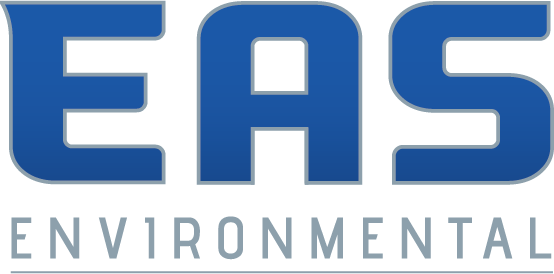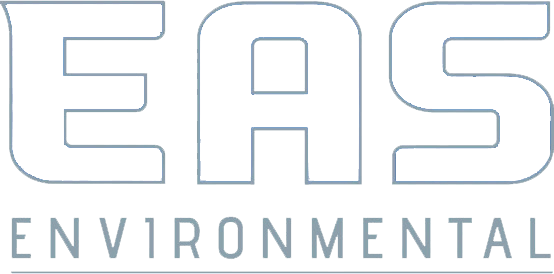
Water damage is a homeowner's worst nightmare. It can occur suddenly with a burst pipe, or it can quietly infiltrate your home over time through a leaky roof. Regardless of how it happens, the effects can be catastrophic – causing structural damage, health issues, and a drastic decrease in property value. In this comprehensive guide, we'll explore the different types of water damage, understand its root causes, and learn how to mitigate and manage potential risks.
The Anatomy of Water Damage
Defining Water Damage
Water damage refers to various possible losses resulting from water intruding where it will enable attack of a material or system by destructive processes such as rotting of wood, growth, rusting of steel, swelling of composite woods, and many others.
Types of Water Damage
There are three categories of water damage, each posing different levels of risk and necessitating a different approach to mitigation.
● Clean Water (Category 1): This poses no threat to human health and is the result of broken appliances or supply lines.
● Grey Water (Category 2): This contains a significant level of contamination and could cause sickness or discomfort if ingested. This type comes from dishwashers or washing machines.
● Black Water (Category 3): This water is extremely unsanitary and contains dangerous bacteria and fungi that can cause severe discomfort or sickness. This includes sewage and floodwaters.
Common Causes of Water Damage
Plumbing Failures
Faulty plumbing systems can result in water damage which ranges from small, slow leaks to catastrophic ruptures. With aging infrastructure, plumbing problems are a common culprit of water damage Charleston Sc .
Natural Disasters and Weather-Related Causes
Hurricanes, storms, and flooding can wreak havoc on homes, causing severe water damage. Additionally, localized weather phenomena like heavy rainfall can overwhelm your home's interior and lead to significant damage.
Appliance Malfunctions
Appliances such as dishwashers, water heaters, and washing machines can malfunction, causing leaks that lead to water damage. Regular inspection and maintenance of these appliances is critical in preventing such incidents.
Roofs and Gutters
Leaky roofs or clogged gutters can result in water entering the home, often leading to damage in the attic, ceiling, walls, and other areas.
Detecting Water Damage
Signs to Look for
It's crucial to know the signs of water damage early to mitigate issues. Stains, odors, and the presence of mold are common indicators that you may have water damage in your home.
Water Damage Assessment
To accurately identify the extent of the damage, a professional assessment may be necessary. They will use specialized tools such as moisture meters and thermal imaging to detect hidden moisture and potential problems areas within the structure.
The Implications of Water Damage
Structural Compromise
Water can compromise the structural integrity of your home. It weakens building materials, often leading to floors, walls, and ceilings that must be replaced.
Health Risks
Mold growth is a common result of water damage and can lead to respiratory issues, allergic reactions, and other health problems. Prolonged exposure may exacerbate pre-existing conditions as well.
Property Value Reduction
The presence of water damage can significantly decrease the value of your property. Visible damage, especially if not remediated properly, can scare away potential buyers.
Responding to Water Damage
Immediate Measures
In the event of water damage, it's crucial to take immediate action. Shut off the water source, if possible, and begin the extraction of water to minimize damage.
Professional Restoration Services
Engaging the services of a professional restoration company is often the best course of action. They have the expertise and equipment necessary to salvage as much as possible and ensure proper remediation.
Documentation for Insurance
Take detailed photos and videos of the damage, and ensure you keep thorough records of all transactions related to the restoration process. This information is vital when filing insurance claims.
Preventing Water Damage
Regular Maintenance
Perform regular inspections of your plumbing and appliances, and maintain your roof and gutters to prevent water damage from occurring.
Upgrading to Water-Resistant Materials
When renovating, choose water-resistant materials where possible. Substituting drywall with cement board or using waterproof sealants can significantly reduce the risk of damage.
Ensuring Proper Drainage
Properly designed and maintained drainage systems can help to prevent damage from flooding and stormwater.
Concluding Remarks
Water damage can be a costly and concerning issue for any homeowner. By understanding the types of water damage, learning its causes, and recognizing the signs, you can be better prepared to prevent water damage and respond appropriately if and when it occurs. Remember, quick action is key to minimizing the long-term effects of water damage, and professional help can ensure the restoration process is thorough and safe. Stay vigilant, keep your home well-maintained, and you'll significantly reduce the risks associated with water damage. Your property and your well-being depend on it.
Contact EAS Environmental Today!
EAS Environmental will do everything we can to ensure your experience with us is excellent.
Request A FREE Estimate
Request a Free Estimate Form
Checkout Recent Post

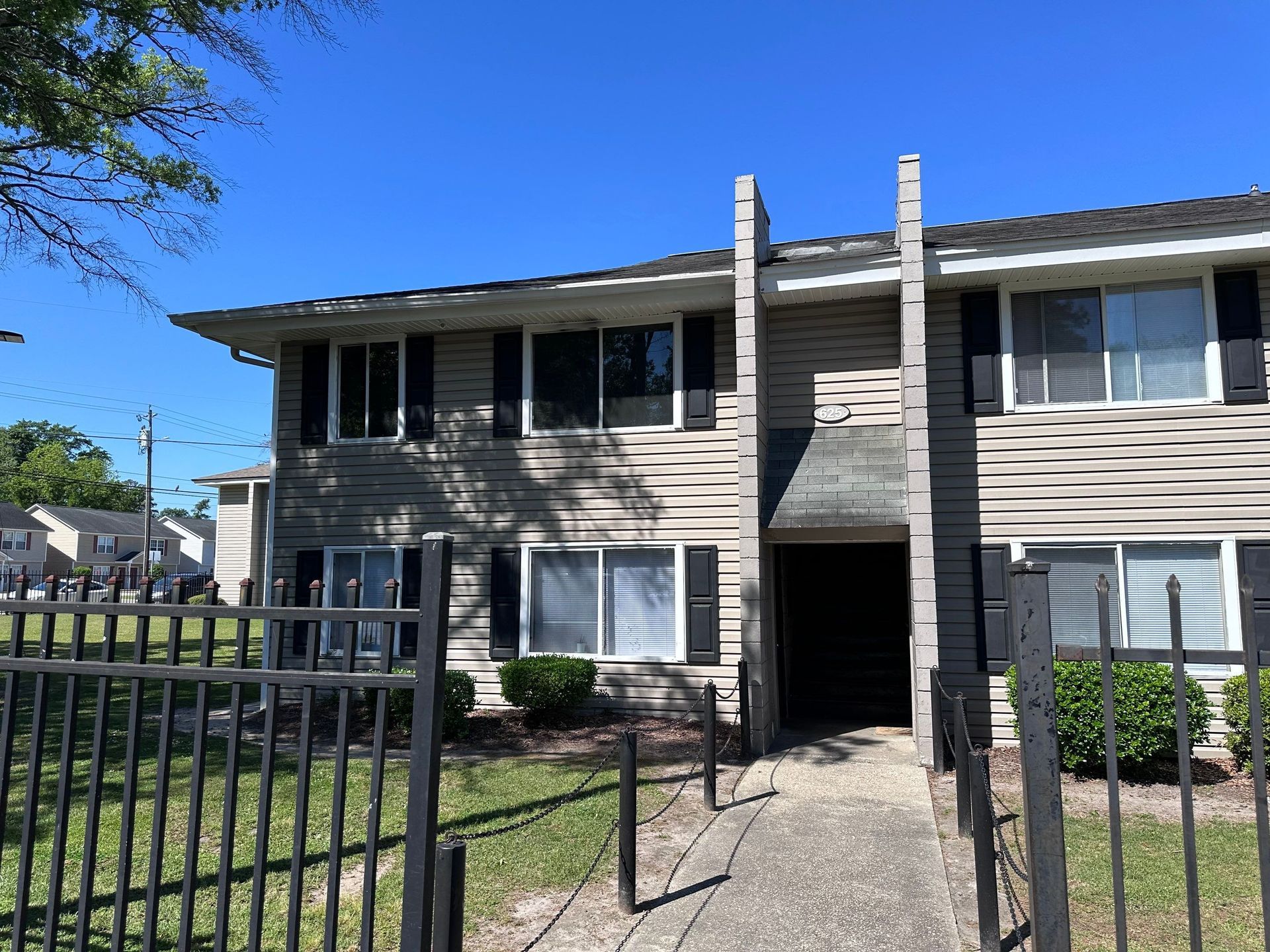
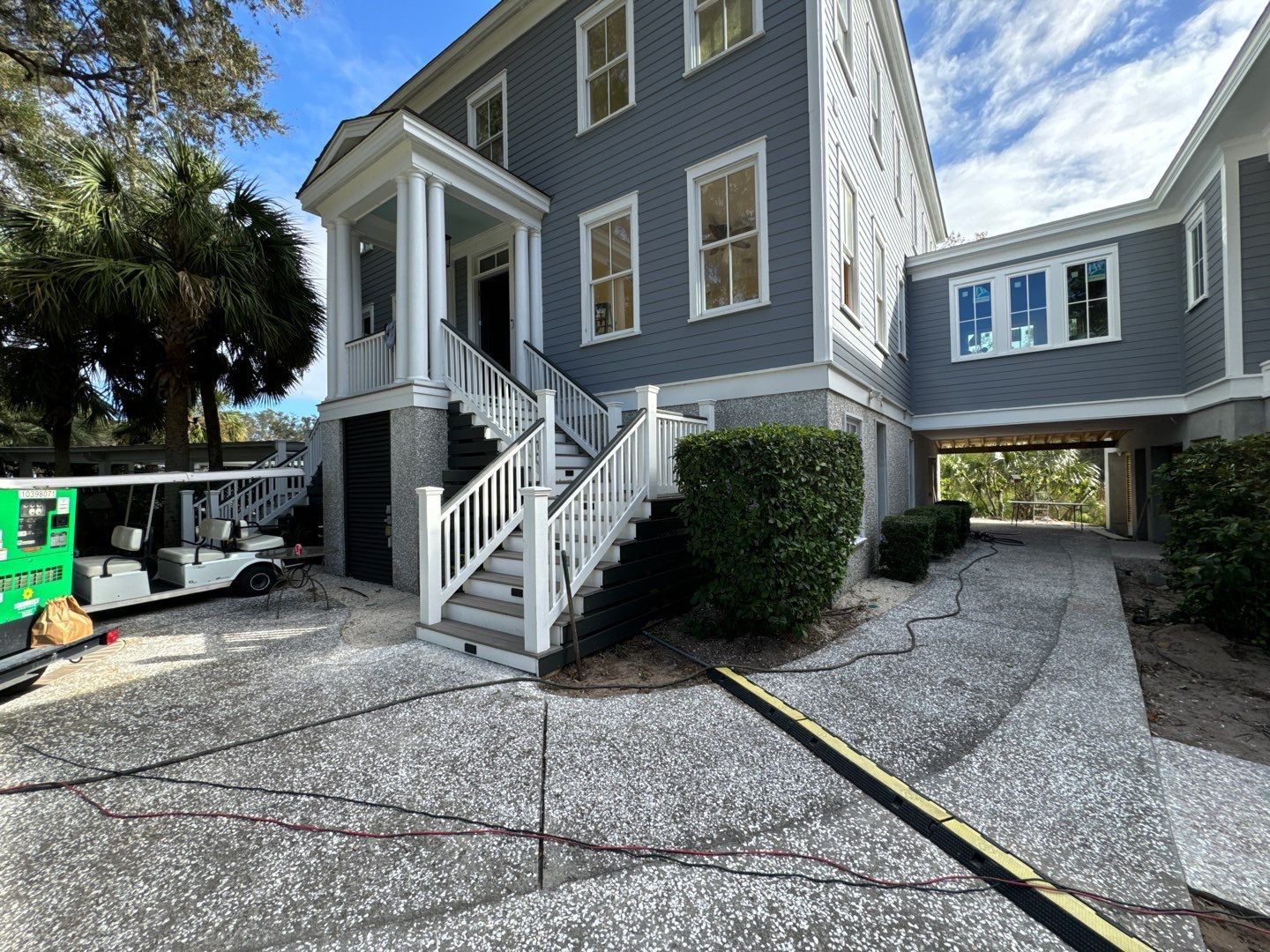
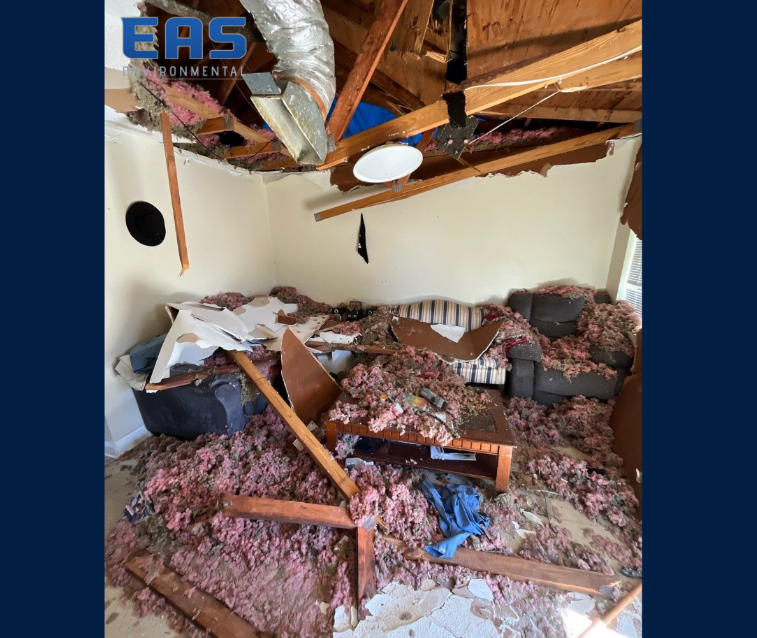
Got a Question? We’re Here to Help.
You can arrange an appointment or make an enquiry by phone or email, orget in touch to us via our contact form.
